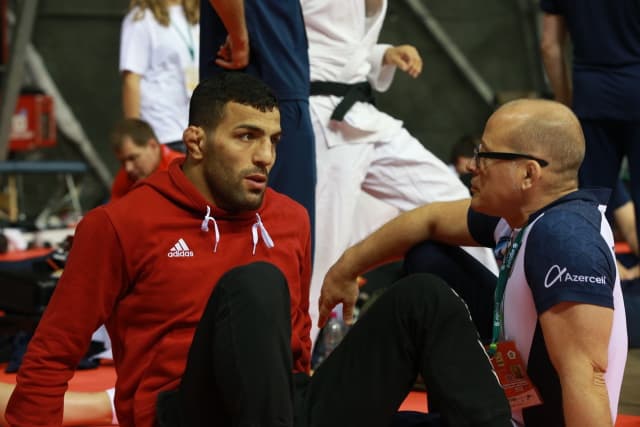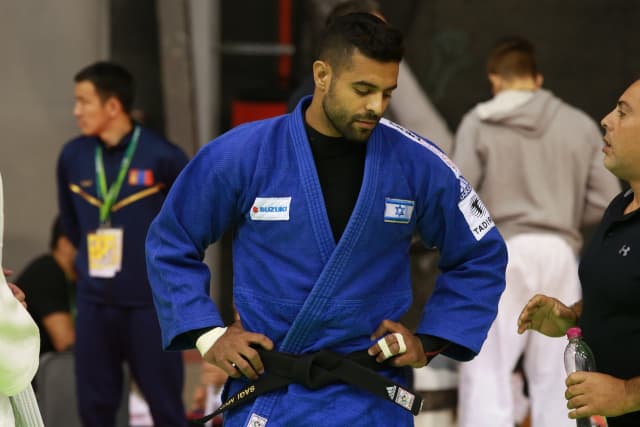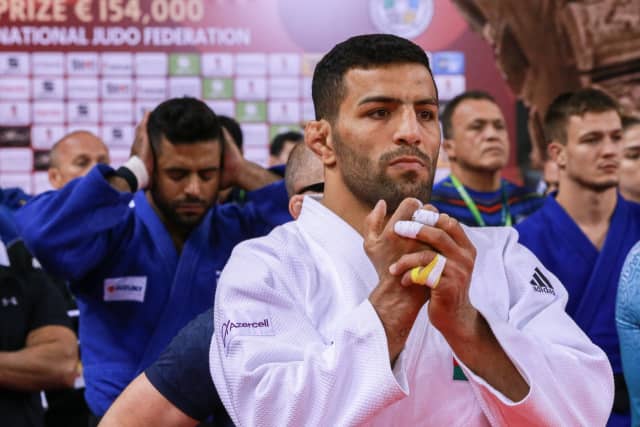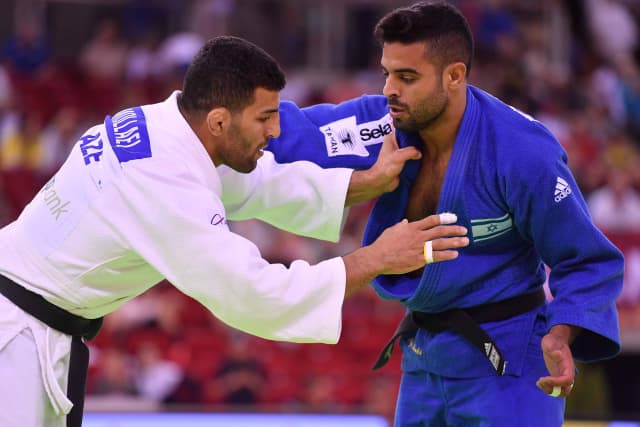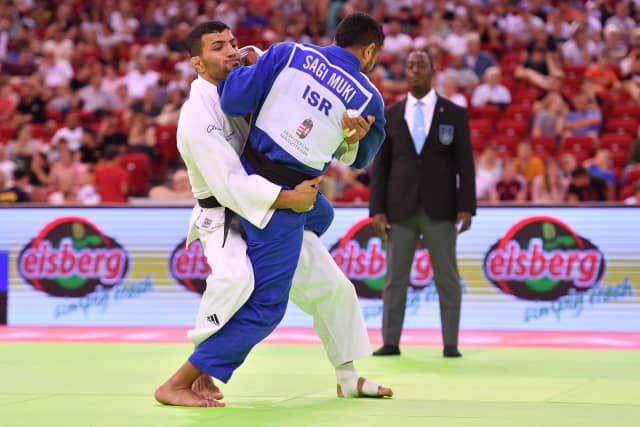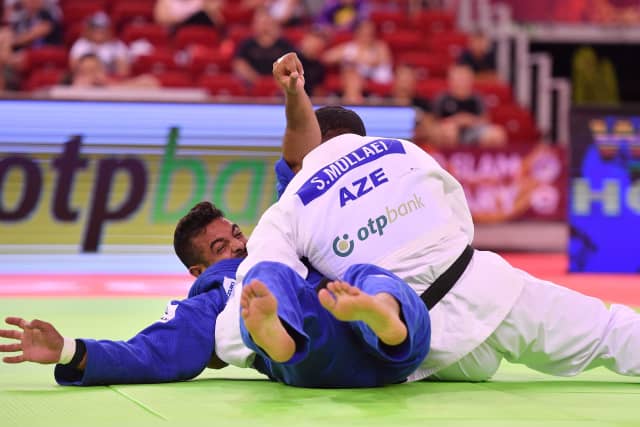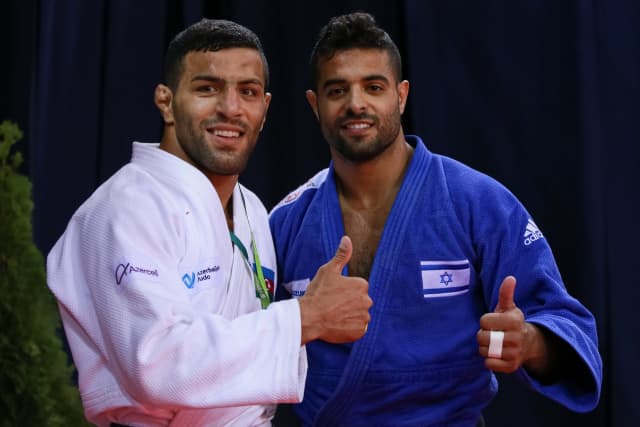The whole world witnessed live the nightmare experienced by Saeid Mollaei at the 2019 World Championships. The then Iranian judoka arrived in Japan with the halo of planetary champion and remarkable judo. For his part, Sagi Muki, delighted Israel. Mollaei was number one in the world and Muki was number two and they were destined to meet in the final. Politics, in its ugliest and most terrifying version, deprived the world of a fight that, in addition to being historic due to the context, would have been the best example of what sport is and has to be: a playing field for them to face each other sportingly. We could not see it, nor did we enjoy that opposition in successive tournaments because when one was not there the other lost. Mollaei changed nationality, Muki suffered injuries and a significant drop in performance, but we remained patient.
Life went on, the world evolved and judo tournaments took place normally. Something was missing, that tête-à-tête between the two. Budapest has given us that opportunity. In the third round, Mollaei and Muki fought for a place in the quarter-finals. It was the first time, we hope it will not be the last, that the two friends offered the world their best repertoire.
The news spread like wildfire and we soon received messages from all over the world to find out what time the appointment would take place. They almost blocked our WhatsApp account! We knew it already but that was a fervent call to remind us how lucky and privileged we are to have been able to attend the match live and be the first to speak with them seconds after the end. But, let's not advance events, first the contest.
In order to have all the flanks covered, we went to see Jean-Claude Djimbi, the selected referee for the fight. The Congolese judo man celebrated his birthday the day before, such a fight was the best gift. "I'm going to do my job, of course, but I'm going to enjoy the moment, that's for sure."
A few minutes before 2pm local time, on tatami 1, began the fight for freedom. Saeid Mollaei, now defending the colours of Azerbaijan, number nine in the world ranking, was in white judogi. Sagi Muki, sixteenth in the world ranking, was in blue judogi.
It was a tense confrontation, neither wanted to attack, as if they were afraid of making a mistake. They cancelled each other out for four minutes, earning them two penalties apiece. It was very tactical, a kumi-kata war, without quarter, without pause. The golden score did the same thing, but then Mollaei launched his attack, knocking Muki down and finishing with osae-komi. The entire stadium applauded as if it were liberation. For both of them it was, for us too, and we remember all our colleagues, those who experienced Mollaei's personal story first hand. We remember, first of all, Marius Vizer, our president, who had to face propaganda campaigns and harassment and who did not hesitate to support Mollaei in his desire to be free. We remember Vlad Marinescu, our general director, piloting our news, commentary and interviews so that no missteps occurred, and Lisa Allan, on whose shoulder Mollaei cried when the nightmare began, and Abdullo Muradov, Mollaei's improvised translator and bodyguard. We remember Nicolas Messner, first a journalist and later Mollaei's shadow and friend. For all of them, for Mollaei and Muki, the fight had to take place, because sport is exactly that, the strongest diplomacy, the most powerful weapon.
At the end, sweaty, exhausted, they stopped to exchange a few words with us. “It is so hard to fight against him,” Mollaei confessed. “Now I hope he wins the gold,” Muki replied.
Judo is just that, education, the respect for life, all summed up in two men and a tatami. Judo is freedom, freedom for the brave.

